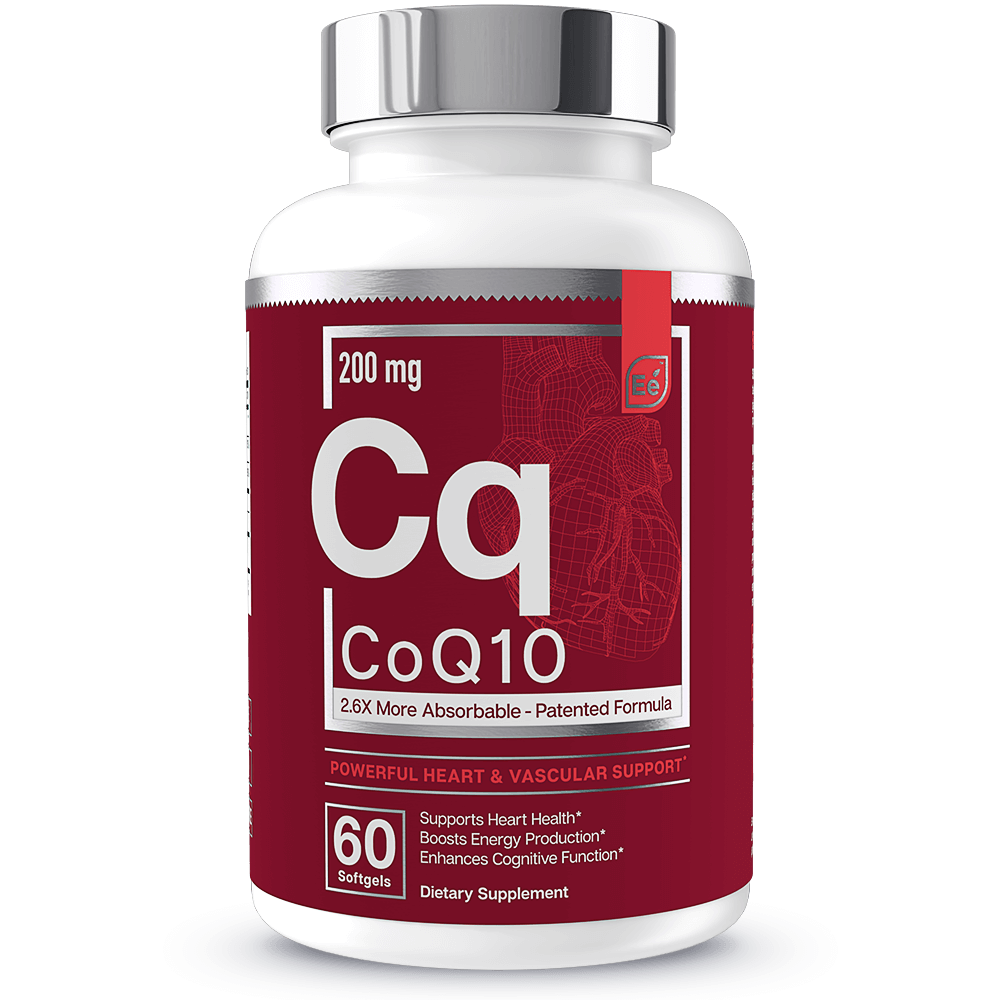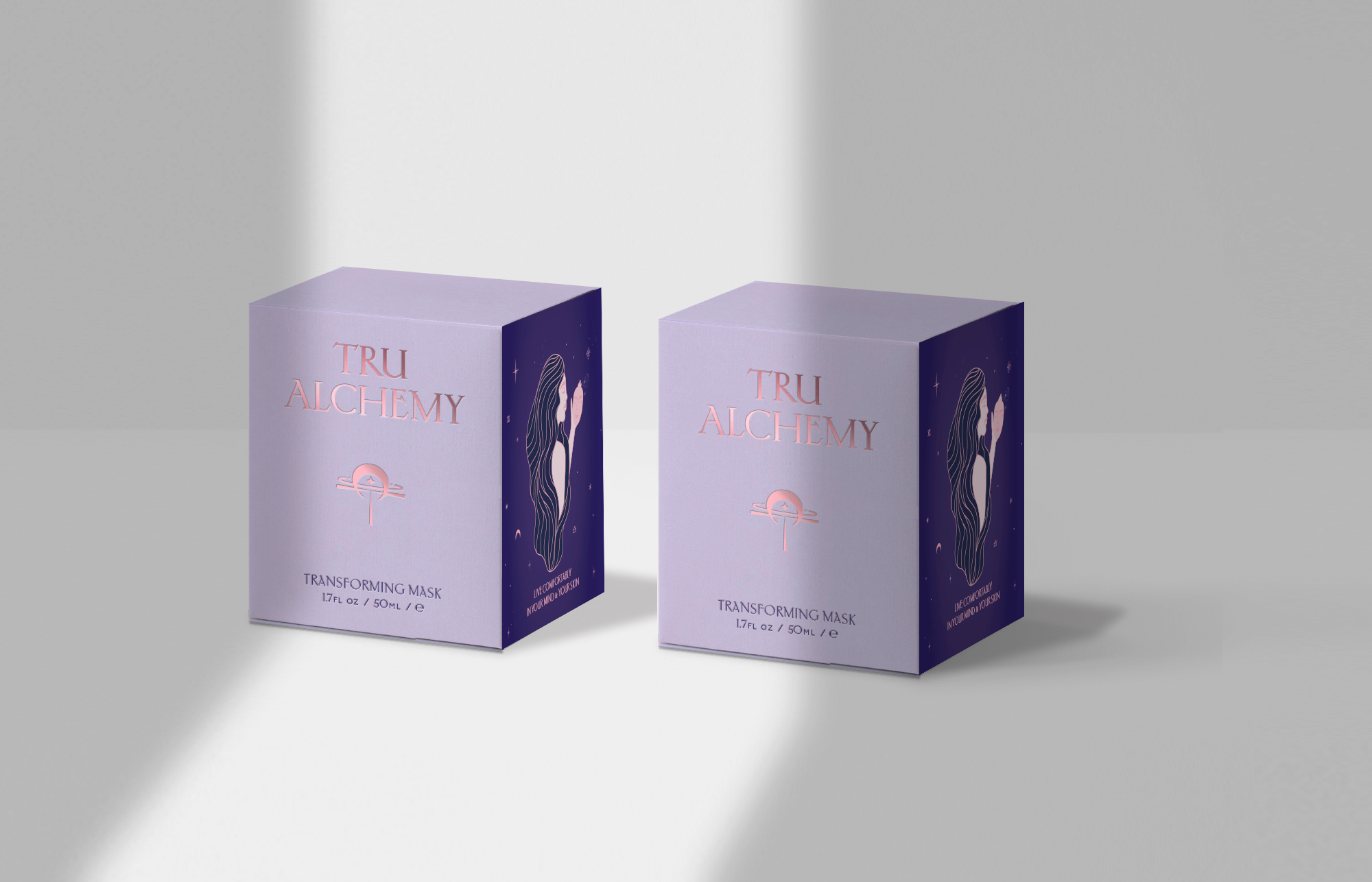February 2nd Is Ukulele Day—Why Music Is Good for Your Health
6 minute read
Get ready to break out the ukulele and play away. February 2nd is International Play Your Ukulele Day. Started in 2011, this worldwide celebration gives everyone a chance to strap on a uke and a smile.
A simple search on the internet not only can score you one of these instruments for a reasonable price, but it can also help you learn to play. Which is fantastic because playing a musical instrument can make your brain function better.
The History of the Ukulele
The four-stringed guitar-like instrument is most often associated with Hawaii and the late 19th century when Don Ho became a cultural icon and his musical talents could be seen everywhere. However, these days, the ukulele is also linked to any number of hipster millennials enjoying a few minutes of Instagram fame.
It’s thought that the ukulele is a version of the machete, a four-stringed instrument from the Madeira region of Portugal. It’s possible that Portuguese immigrants to Hawaii created the ukulele.

In the 1920s in the United States it became an important instrument in jazz music and then experienced a resurgence in popularity in the early 2000s in a lot independent folk music and other subgenres.
Ukulele for Brain Health
If you already play the ukulele, you probably are ready to wrap your arms around this day and play away. But if you haven’t played before, you’ve finally found a reason to learn and celebrate this instrument.
This is incredible news and the best part—you don’t have to be an accomplished musician, you just need to play and enjoy it to reap the benefits. But there is evidence that high level training, starting as a child can have a greater effect.
A study published in Science Daily found that musical training shapes the brain and effects function. Long-term, high-level musical training gives individuals an enhanced ability to understand and integrate information from their senses into their lives.
Another study on music and brain plasticity in 2009 found that in addition to professional musicians having more brain plasticity, they also showed little to no decrease in gray matter density due to aging when compared to non-musicians. This could be very important information in a world where we are ever-hopeful about finding a cure for aging and age-related memory diseases.

This same study looked at people practicing music and how the act of practice itself not only improves hand motor skills but also auditory representation. This creates a cross modal link, which leads to a stronger representation of musical information in the auditory cortex.
The findings from this study also suggest that there might be a connection between musically trained individuals and their ability to pay attention, plan functions, their memory and self-discipline.
Since all of these things are a part of learning to play an instrument and practicing what you’ve learned, it makes sense that they’d show an improved ability in these areas. The good news is this would mean that there’s a positive transfer of information learned during musical training to situations that do not involve music.
The study of how music affects the brain is called neuromusicology. It’s based in the traditional and cultural beliefs of many people who used music in important ceremonies as a way to communicate ideas and achieve therapeutic results.
Music Therapy
Today, combining the study of neurological methodologies with the traditional approach to music has created the field of music therapy that can help individuals with behavioral and learning problems. It’s believed that this exciting field can also provide insight and possible assistance in treating deficits in motor function, behavior, cognition, speech and pain management.

This is all fantastic news, and it’s key to look at how the brain functions in different environments and with different training. But what about for the casual music lover, someone who doesn’t play an instrument, does listening to music or plucking out a tune on your ukulele help your brain?
It turns out that it does. Time reported that listening to music is indeed good for your health. The simple act of listening to a tune can lift your mood and actually ward off depression.
But beyond that, it physically creates changes on your body by improving blood flow, to the degree that statins can. It can lower levels of cortisol, the stress hormones in your body, and eases pain.
| Related: Why Too Much Sugar in Your Diet Could Be Stressing You Out |
There’s even a study that suggests that listening to music prior to surgery can ease anxiety and help support a positive outcome.
How does music do so much even if you’re just passively listening to it? Apparently, it goes back to neuromusicology—scientists can see that music selectively activates neurochemical systems in the brain that are connected to positive emotions, attention and memory. These are areas where professional musicians excelled and showed brain plasticity.

Looking at the effect of music listening on the quality of life in adults with early memory loss suggests that there is indeed a correlation between music and mood. And that prolonged music therapy can help those with memory concerns boost their quality of life.
The Bottom Line
All of this research points to something you probably already knew, music makes you happy. When you hear a song you like, you want to sing or hum along, your toes start tapping and your brain goes to its happy place.
So, grab your ukulele and embrace International Play Your Ukulele Day. It’ll put a smile on your face, boost your mood, and help your brain, too.
READ NEXT >>> Music for Cognitive Health
At 1MD, our mission is to help people make smarter health choices and lead healthier lifestyles by creating industry-leading products and cutting-edge health content. Take advantage of our medically researched supplements for boosting your health by visiting our online store for a complete list of our 100% natural products. We offer family and bulk purchase discounts as well as monthly subscription options for maximum savings.
























 Health Guides
Health Guides
 Latest Research
Latest Research


